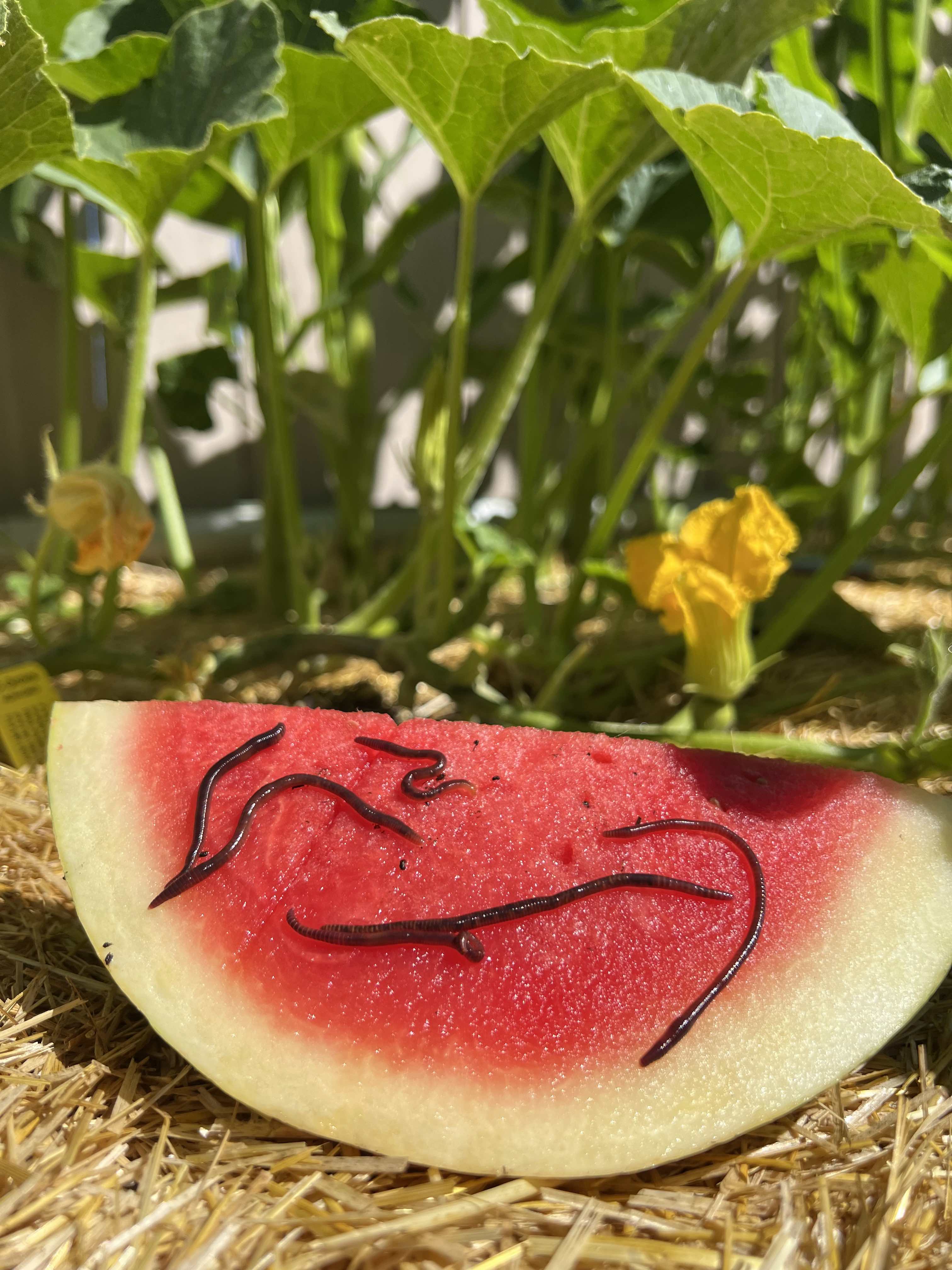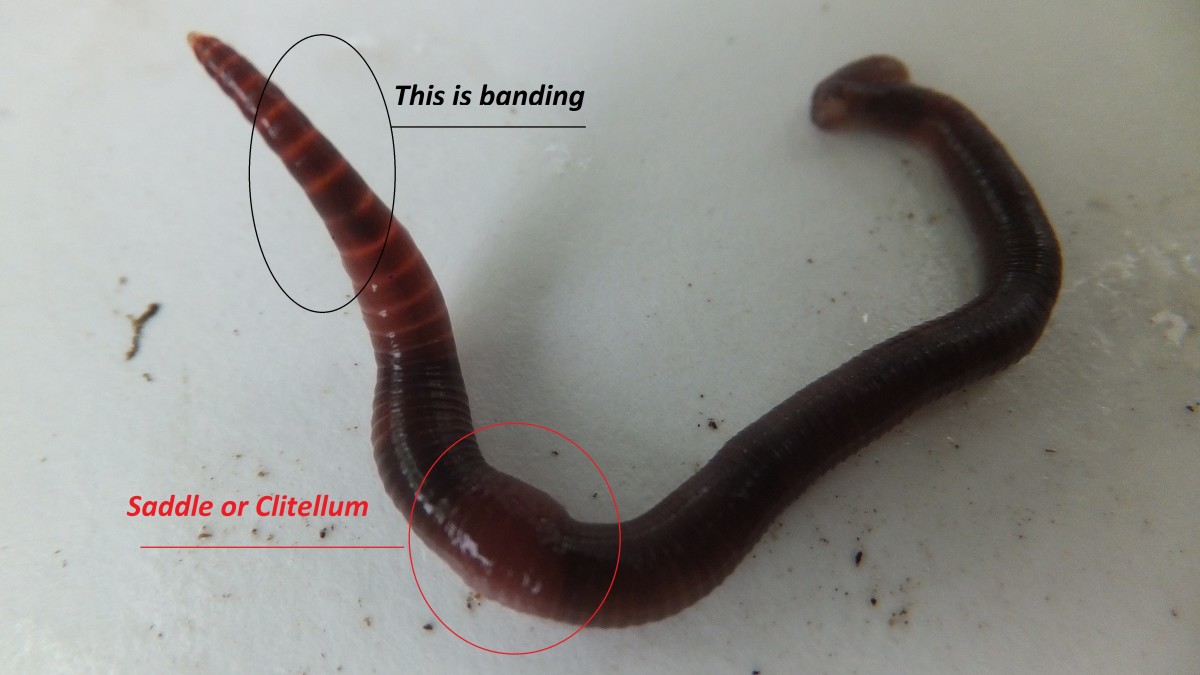Red Wiggler Worms - Perfect for Vermicomposting and Dirt Enrichment
Red Wiggler Worms - Perfect for Vermicomposting and Dirt Enrichment
Blog Article
Red Wiggler Worms Demystified: Opening the Tricks of Vermiculture for Greener Living and Nutrient-Rich Soil
In the realm of lasting practices for improving soil high quality and promoting eco-conscious living, red wiggler worms play a crucial yet commonly neglected duty. Red Wiggler Worms. Understanding the ins and outs of caring for these worms, optimizing their atmosphere, and utilizing their castings can lead to a greener way of life and much healthier soil for plants to prosper.
The Duty of Red Wiggler Worms
Red Wiggler worms play an important role in composting systems by successfully breaking down raw material right into nutrient-rich spreadings. These starved eaters consume a range of natural materials, such as kitchen scraps, lawn waste, and paper items. As they feed, the worms' digestion processes break down the raw material into a penalty, dark, and nutrient-dense product referred to as worm castings or vermicompost.
The castings produced by Red Wiggler worms are extremely beneficial for soil health and wellness and plant development. They are abundant in important nutrients like phosphorus, nitrogen, and potassium, which are vital for supporting healthy plant advancement. Furthermore, worm castings consist of advantageous microbes and enzymes that help improve soil structure, increase water retention, and enhance nutrient uptake by plants.
Benefits of Vermicomposting

Additionally, vermicompost, the nutrient-rich output of vermicomposting, acts as an outstanding natural fertilizer and dirt conditioner. It enhances dirt structure, boosts soil oygenation, and increases dirt moisture retention. These buildings add to much healthier plants with stronger origin systems and better resistance to conditions and insects. Vermicompost additionally enriches the soil with essential nutrients like phosphorus, nitrogen, and potassium, advertising plant growth and general dirt fertility.
In addition, vermicomposting assistances lasting horticulture practices by offering a chemical-free and all-natural choice to artificial plant foods. Red Wiggler Worms. This eco-friendly method not only improves the dirt however additionally aids decrease reliance on harmful chemicals, promoting a greener and much more sustainable method of gardening
Setting Up a Worm Container
When developing a worm bin for vermicomposting, correct configuration is critical to make certain the success of the composting procedure. The very first step in setting up a worm container is choosing a suitable container.
After including the bed linens, introduce the red wiggler worms to the bin. It is advised to begin with a little number of worms and gradually raise as they increase. The worms ought to after that be supplied with food scraps such as vegetables and fruit peels, coffee grounds, and eggshells. It is important to stay clear of adding meat, find more information dairy, oily, or salty foods to prevent bring in bugs and creating undesirable odors.
Regularly monitor the wetness levels and temperature level in the worm bin to make certain optimal problems for the worms. With proper configuration and maintenance, the worm bin will properly convert natural waste into nutrient-rich garden compost for your plants and garden.
Collecting Worm Castings
To effectively collect nutrient-rich worm castings from your vermicomposting system, a systematic harvesting technique is crucial. When it comes time to gather the worm spreadings, there are a few crucial actions to follow to make sure an effective process. Firstly, stop adding fresh food scraps away of the worm bin for a couple of weeks prior to collecting. This motivates the worms to move sideways with fresh bedding and food, making it simpler to scoop out the spreadings from the opposite side.

Troubleshooting Common Issues
Identifying and dealing with common challenges that might emerge during the vermicomposting procedure is crucial for maintaining a healthy and effective worm bin. One typical problem that vermicomposters encounter is overfeeding. Adding excess food scraps can bring about a build-up of wetness and acidity in the worm container, potentially harming the worms. To stop this, feed the worms in small amounts, making sure that the food scraps are effectively broken down before including much more. Another concern is undesirable odors rising from the worm bin. Foul smells indicate anaerobic conditions, typically created by overwatering or insufficient ventilation. To treat this, change the moisture levels by including completely dry bedding products like shredded newspaper or cardboard and rise oygenation by turning the bedding frequently.
In addition, if the worm population is decreasing or the worms show up undesirable, it can be as a result of environmental stress factors such as severe temperatures or useful source pH levels. Keeping track of these aspects and making necessary modifications is vital for the health of the worms. By troubleshooting these typical concerns promptly, vermicomposters can make sure a successful and smooth vermicomposting process while preserving a growing worm populace.

Verdict
In final thought, red wiggler worms play an essential role in vermiculture by damaging down organic issue into nutrient-rich soil. Establishing up a worm bin is important for successful vermiculture, and collecting worm spreadings offers important garden compost for horticulture.
As they feed, the worms' digestive processes break down the organic matter right into a penalty, dark, and nutrient-dense product recognized as worm castings or vermicompost.
The spreadings created by Red Wiggler worms are highly beneficial for dirt health and wellness and plant growth. Including excess food scraps can lead to a buildup of dampness and acidity in the worm bin, potentially hurting the worms.Additionally, if the worm populace is declining or the worms show up unhealthy, it might be due to environmental stressors such as severe temperatures or pH degrees. Setting up a worm bin is important for effective vermiculture, Going Here and harvesting worm castings supplies valuable garden compost for horticulture.
Report this page